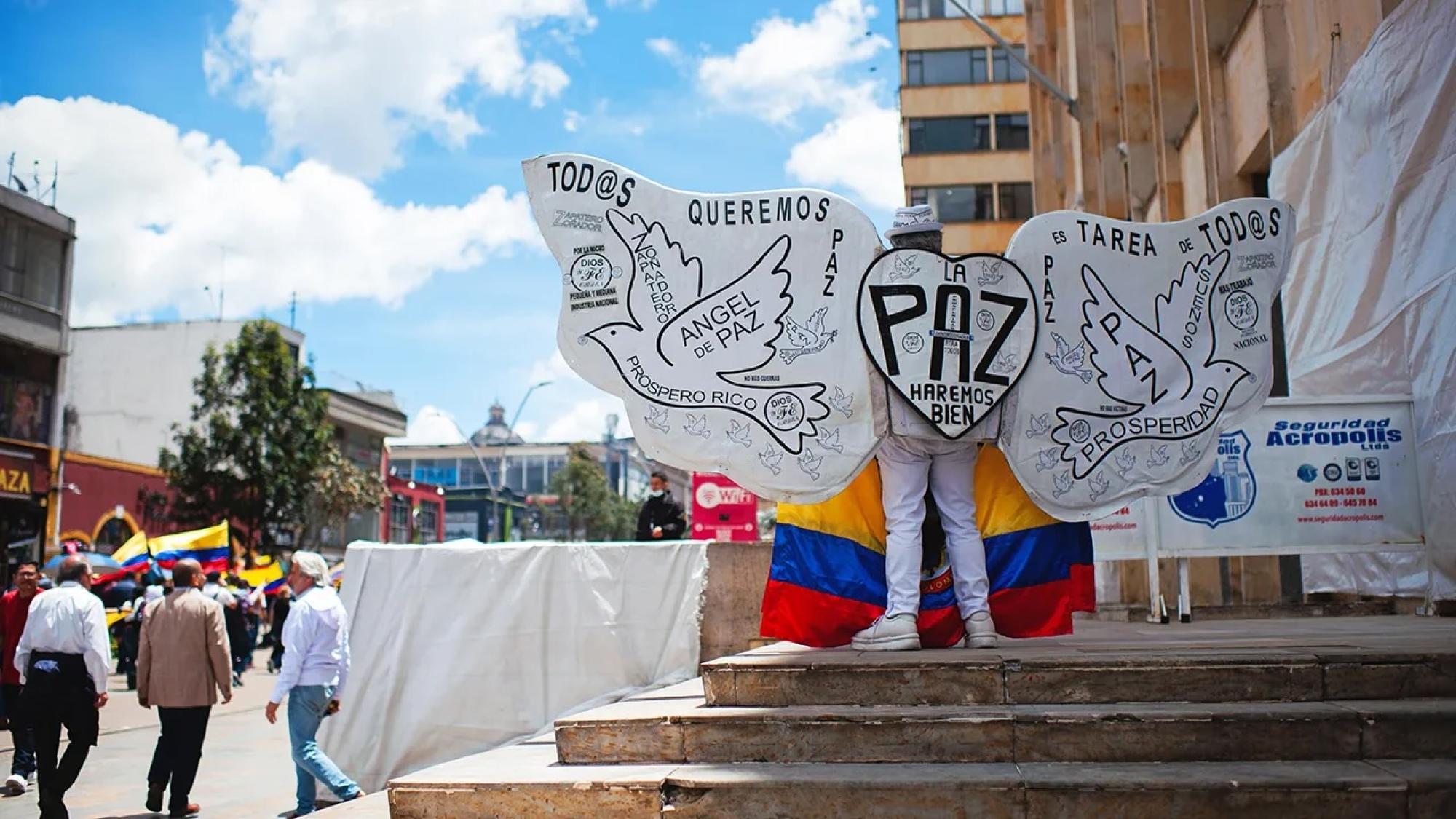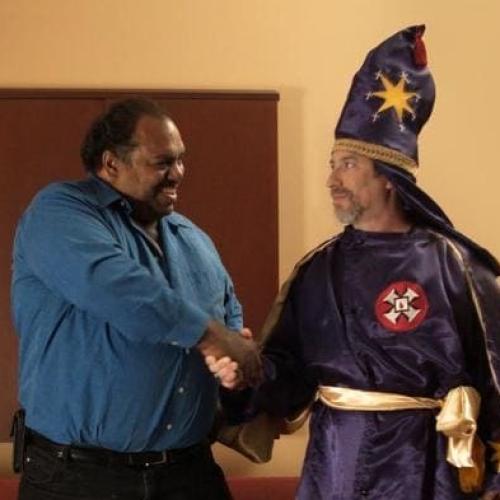Related Stories
Latin America has two models for eradicating violent crime. One is rooted in dignity and forgiveness.
Key Excerpts from Article on Website of Christian Science Monitor

Posted: September 26th, 2024
https://www.csmonitor.com/Commentary/the-monitors-view/2024/...
Latin America is the world’s most dangerous region due to cartel and gang violence. It has 9% of the global population but one-third of the world’s homicides. Kidnapping and extortion are on the rise. The trend is driving a turn toward increasingly militarized solutions. El Salvador, for example, has incarcerated some 75,000 people – nearly 2% of its population – in recent years on suspicion of being involved in gangs. In Colombia, by contrast, exchanging the threat of arrest for dialogue is a key part of the government’s painstaking strategy of negotiating peace simultaneously with some 20 armed factions to end 60 years of conflict. That process, known as Paz Total (“total peace”) and launched less than two years ago by President Gustavo Petro, has been marked by reversals and unintended effects. But a key distinction lies in its emphasis on both empathy and the rule of law. The strategy’s first example of “restorative incarceration,” launched earlier this month, shows how. In exchange for admitting guilt for violent acts and seeking forgiveness from victims and the families, 48 military and former guerrilla leaders are now serving “sentences” by planting trees and helping heal the communities they once dominated through fear. “We’re going to sow life to try to make amends and build peace,” [said] Henry Torres, a former army general. As Colombia’s new attorney general put it, “our mission will be ... a mission for the dignity and well-being of our people.” Peace requires patience, said Juan Manuel Santos, a former president who negotiated a 2016 peace accord with Colombia’s main guerrilla faction that still serves as a template for Mr. Petro’s broader peace plan. “You need to convince, to persuade, to change people’s sentiments, to teach them how to forgive, how to reconcile,” he told The Harvard Gazette.
Note: A prison in Brazil with low recidivism rates uses a humane approach, where there are no armed guards and inmates have the keys to their own cells. Explore more positive stories like this about repairing criminal justice.
Related Stories
Top Inspiring News Articles
Top Inspiring News Articles from Years Past

























































































